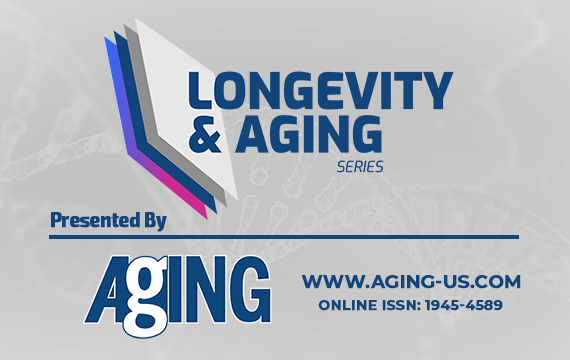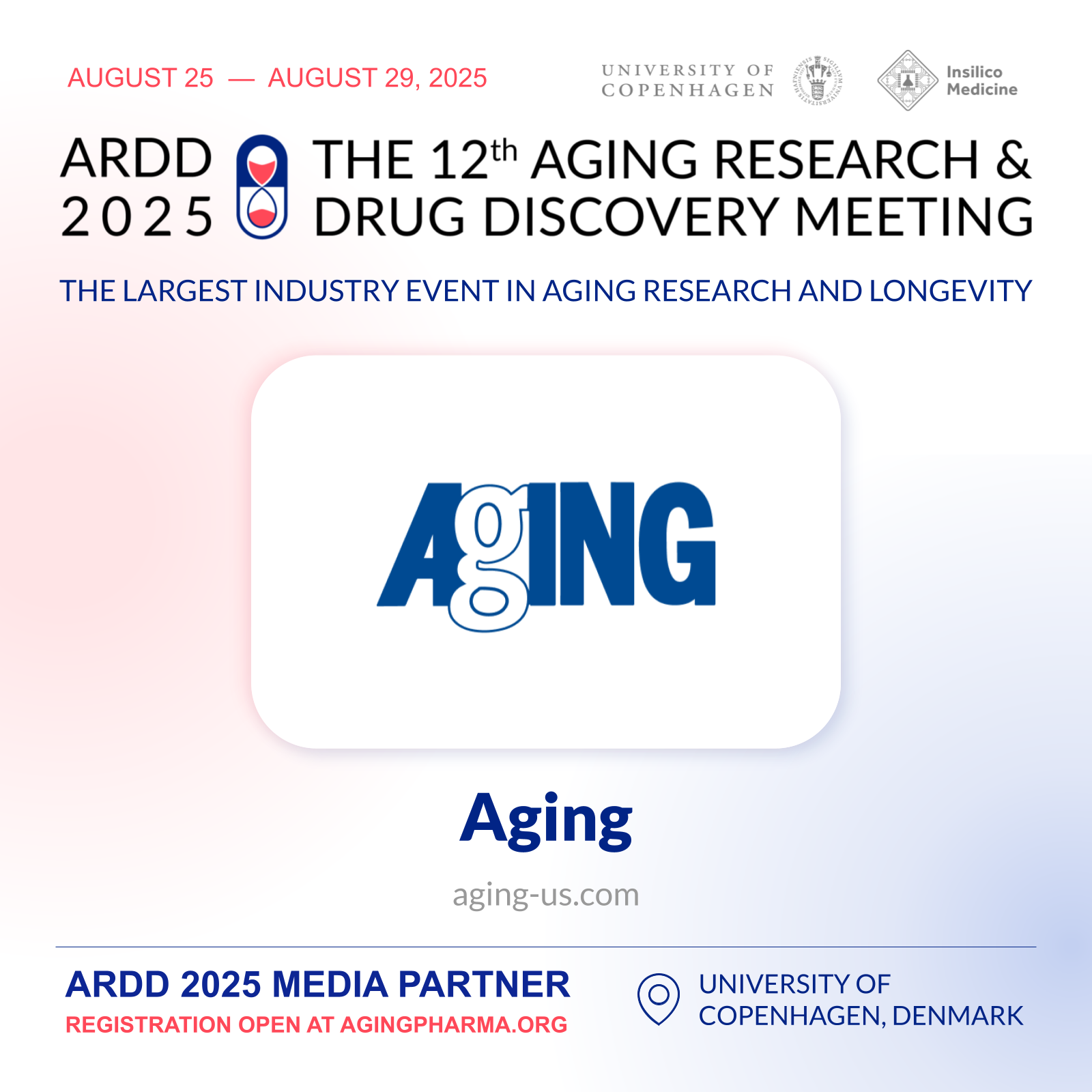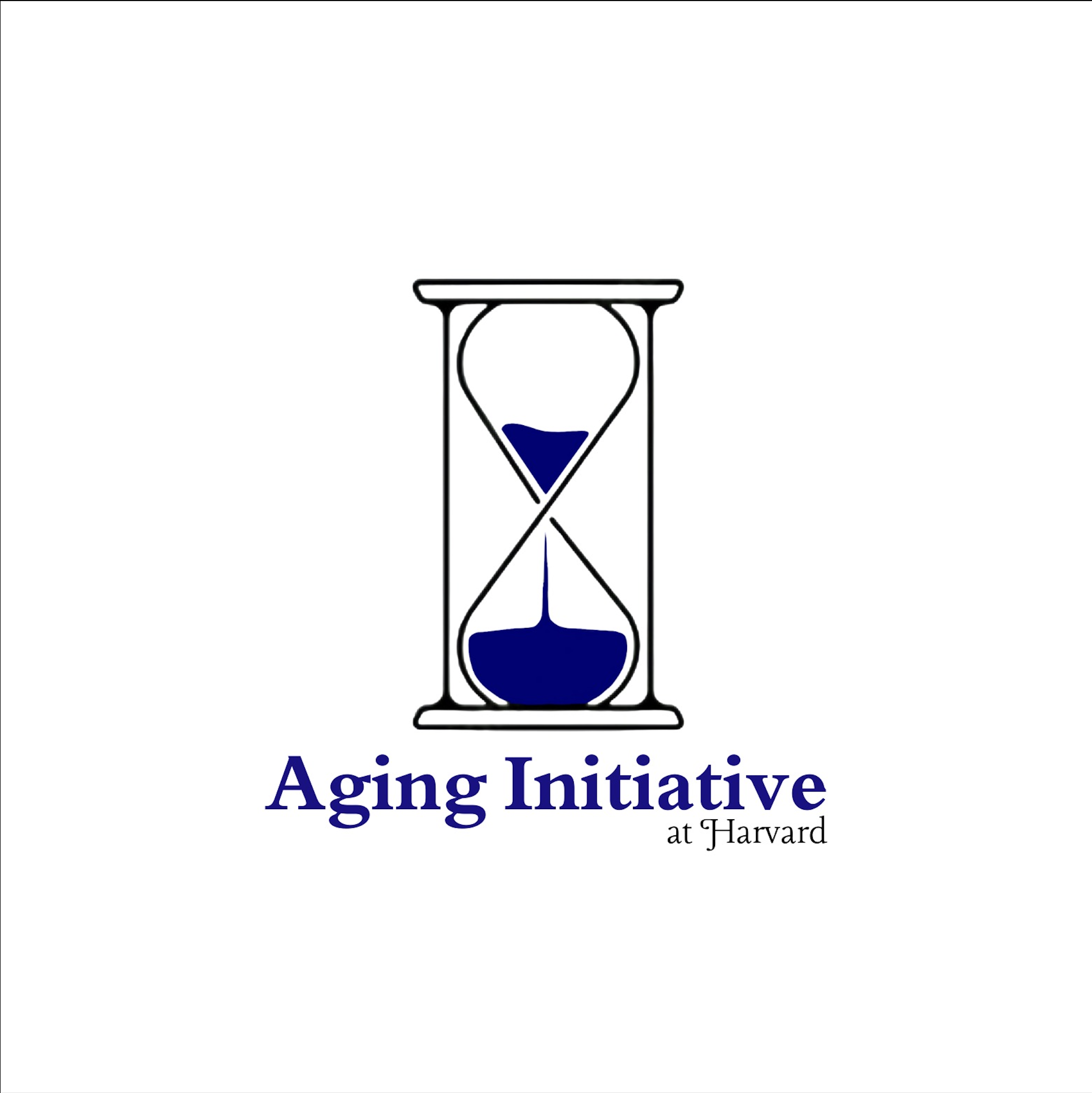Research Paper Volume 8, Issue 7 pp 1513—1539
Dietary and microbiome factors determine longevity in Caenorhabditis elegans
- 1 Instituto de Biología Molecular y Celular del Cáncer, Centro de Investigación del Cáncer, CSIC-Universidad de Salamanca, Campus Miguel de Unamuno, E-37007 Salamanca, Spain
- 2 Grupo de Investigación en Polifenoles, Facultad de Farmacia, Unidad de Nutrición y Bromatología, Universidad de Salamanca, E-37007 Salamanca, Spain
- 3 Departments of Developmental Biology and Genetics, Stanford University, Stanford, CA 94305, USA
- 4 Current address: Department of Biology, University of Hartford, West Hartford, CT 06117, USA
- 5 Current address: Laboratory of Cell Death and Cancer Therapy, Department of Cellular and Molecular Medicine, Centro de Investigaciones Biológicas, Consejo Superior de Investigaciones Científicas (CSIC), E-28040 Madrid, Spain
- 6 Current address: Centro de Biología Molecular Severo Ochoa (CSIC-UAM), E‐28049 Madrid, Spain
Received: May 24, 2016 Accepted: July 31, 2016 Published: July 31, 2016
https://doi.org/10.18632/aging.101008How to Cite
Abstract
Diet composition affects organismal health. Nutrient uptake depends on the microbiome. Caenorhabditis elegans fed a Bacillus subtilis diet live longer than those fed the standard Escherichia coli diet. Here we report that this longevity difference is primarily caused by dietary coQ, an antioxidant synthesized by E. coli but not by B. subtilis. CoQ-supplemented E. coli fed worms have a lower oxidation state yet live shorter than coQ-less B. subtilis fed worms. We showed that mutations affecting longevity for E. coli fed worms do not always lead to similar effects when worms are fed B. subtilis. We propose that coQ supplementation by the E. coli diet alters the worm cellular REDOX homeostasis, thus decreasing longevity. Our results highlight the importance of microbiome factors in longevity, argue that antioxidant supplementation can be detrimental, and suggest that the C. elegans standard E. coli diet can alter the effect of signaling pathways on longevity.
Abbreviations
coQ: coenzyme Q; ETC: electron transport chain; LPS: lipopolysaccharides; MDA: malondialdehyde; NAC: N-acetyl-cysteine; PQ: paraquat; ROS: reactive oxygen species.




